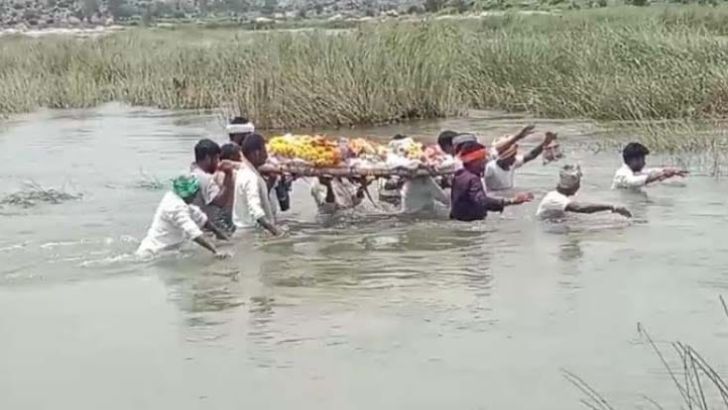I will disqualify MLAs involved in horse-trading: Speaker UT Khader
In May 2023, at 54, UT Khader became the first Muslim and the second-youngest person to occupy the Speaker’s post.
-
Karnataka Legislative Assembly Speaker UT Khader Fareed
Bengaluru, 7 July
Karnataka Legislative Assembly Speaker UT Khader Fareed’s humanitarian
spirit sets him apart. He is known to convert his car into an “ambulance” on spotting
an accident on his way. In the 2018 Assembly polls, he stood out as the only
Congress MLA to win from Dakshina Kannada and Udupi districts. In May 2023, at
54, he became the first Muslim and the second-youngest person to occupy the
Speaker’s post.
In a freewheeling chat with Salar News, Khader
says he has attained every position despite being from a minority community and
at a young age.
1. What is your take on the controversy stirred by the
BJP that no country has changed its Constitution’s preamble except India, and
recently Vice President Jagdeep Dhankar said the insertion of the words
“secular” and “socialist” during the Emergency was a “travesty of justice” and
“sacrilege to the spirit of Sanatana”?
They have given their individual opinion, and it’s left to
them. Ultimately, the Constitution is supreme for us. Whichever government
comes to power at the Centre must run according to the Constitution, as it's
not a book written by the United States. Therefore, nobody should speak against
the Constitution, as doing so indirectly means disrespecting the country.
2. You are among the four State Assembly Speakers
nominated to the National Committee of Presiding Officers, a panel constituted
to deliberate on key reforms in the functioning of State Legislatures. Has the
panel met, and what have been the discussions?
I'm one of the four Speakers on the committee, with my Maharashtra
counterpart as the chairman. We have spoken over the phone, and the panel is
scheduled to meet in the third week of August. We will discuss the Defamation
Act and how to revive and strengthen it to protect elected
representatives.
3. One of the key concerns the panel is planning to address is political
defections, which Karnataka has witnessed a lot in the past. How can this be
curbed apart from the Anti-Defection Act?
In my opinion, the laws and rules guiding the Anti-Defection Act are only
one part; everything depends on the person who occupies the Speaker's chair.
All powers are vested in him, and he should be strict. This will ensure that no
MLA dares to claim they can topple a government. As Speaker, if I come to know
that there is horse-trading and MLAs are trying to defect, I will disqualify
them. Let them go to court and challenge it.
4. As MLA of Mangaluru, you have sought “point of call”
status (allowing international carriers) for Mangaluru International Airport
from the Civil Aviation Ministry, though the Centre has turned down the demand,
stating that new non-metro airports will not be granted the status. Does Mangaluru
airport need this status?
A lot of flights come from various countries to Mangaluru
International Airport, and it’s a hub for the southern region. Travellers from
Kerala go to Kempegowda International Airport or to Kochi for international
flights. To get the “point of call” status, land has to be acquired, and a
decision made on whether it should be developed on a PPP (Public-Private
Partnership) model. The Centre's stand is: if the project is given to a private
party, why should the government acquire the land? Their contention is that
they are only going to set up the infrastructure on a lease basis.
My stand is that coastal Karnataka is a land created by God,
where beach and religious tourism can be developed. It has many educational
institutions. Why should international travellers land in Mangaluru and go to
Kerala for these?
5. As Speaker, you have taken several initiatives to
improve legislators' attendance during sessions. These include arranging food
and reclining chairs for short naps. Despite all this, why is attendance still
thin?
The attendance of members is much better than before, but it
may still not be completely satisfactory. First, we must understand why members
don’t attend the Assembly. By the time they get ready by 10.30am. and have
breakfast, people from their constituencies are waiting to meet them. I
arranged breakfast at 9am. in the Assembly lounge and also provided lunch
because many members used to go to restaurants during the one-hour lunch break.
It would take them 30 minutes to go and return, and some would also visit the
Legislators’ Home for a short nap. By providing lunch at Vidhana Soudha and
reclining chairs for rest, they have no more excuses.
When one's dream is to become an MLA and voters have given that opportunity, why
are they not attending the Assembly?
6. You are among the few Speakers who have not confined themselves to
conducting proceedings in the House but have gone beyond, introducing badges
for legislators with the Gandaberunda emblem, guided tours of Vidhana Soudha,
and even setting up a dog shelter. What interests you in these activities?
During my visits abroad, I noticed elected
representatives wearing their country’s badge. The state emblem, Gandaberunda,
has a rich history, and I decided on the badges to help legislators be
recognised as elected representatives outside.
As for the guided tours, there’s no better place than
Vidhana Soudha in Bengaluru for people to visit. It’s our duty to open it to
the public. The tours provide an educational experience about the statues and
the history of the secretariat. We’re currently running 12 to 14 tour batches
on Sundays, second Saturdays, and national holidays.
My future plan is to introduce cultural activities on
these days. Regarding the dog shelter, there are about 60 stray dogs within
Vidhana Soudha premises. Some reactions have been positive, especially from dog
lovers, while others worry about VIP safety. Every dog has a lifespan of 10–12
years, and most of these dogs are 7–8 years old. Since no outside dogs will
enter, we can at least provide food and shelter to the existing ones. Some
people have even decided to go to court on this issue.
7. Another interesting side to your profile is converting your car into an
“ambulance” when you come across accidents. Can you recall one or two such
incidents?
Helping people has been in my blood since school. In high
school and college, I helped accident victims and, back then, had to visit the
police station as a witness.
As an MLA, I once came across a couple who had met with
an accident. I took them in my car—while the husband died, the wife survived.
As Health Minister, I was on my way to an Iftar party at
Bangalore Palace when an accident occurred in front of me. The victims were
senior citizens. I asked my driver to take them to the hospital and took an
autorickshaw to the venue. The husband did not survive, but his son, who was in
the U.S., met me days later and thanked me for enabling him to spend time with
his father in the ICU.
As Health Minister, I abolished two things: hospitals
demanding an advance before admission and the practice of requiring a stranger
who brings an accident victim to visit the police station.
8. As a five-term MLA representing Ullal and now
Mangaluru City, what are the reasons for the communal flare-ups in the coastal
region?
As you know, Dakshina Kannada and Udupi are sensitive areas, and whatever
happens is given a communal colour. It’s more about fear of each other than
hatred. Revenge murders are not a solution. Bengaluru witnesses more murders,
but they don’t take on a communal tone.
9. You have raised your voice against attacks on Muslims, but your stand
advising students to take the legal route over the Bommai government's hijab
ban was seen by many as a letdown, especially since Siddaramaiah, as Opposition
leader, supported the students.
I am from Mangaluru and understand the situation well. Until
the Bommai government issued the order, there was no problem with wearing
hijab. An 11-year-old rule prescribing uniforms in schools and colleges, framed
during the Congress regime, was revived.
After the order, the students should have attended classes. Instead, they
stayed home, sat outside colleges, took selfies, abused lecturers, and began
tweeting. They were instigated by some people, and from Mangaluru and Kundapur,
it spread to other districts. These students had only six months to complete
their course. Some minority-run women’s colleges even offered them seats, going
as far as hiring all-women faculty. That’s why I asked them to go to court.
10. You are known for your non-confrontational attitude
outside the legislature, building bridges by participating in Hindu festivals
and rituals, even fasting during Nagamandala. But there’s discontent about your
approach to Muslim community concerns?
Let anyone come and tell me that I have not addressed
community concerns. Allegations can be made, and they’re made against everyone,
including the Gandhi family. I ask through your media: has anyone approached me
with a problem that I did not resolve?
11. Many see you as a Muslim leader representing the coastal belt. But that
hasn’t fully materialised?
I want clarification: what defines a “Muslim leader”? What I
am, nobody has seen. If something is wrong, I cannot say it’s right. If I do, I
can become a leader easily. But we need to be a bridge between communities. If
I join others in supporting a mistake — even if committed by my community, how
will the bridge be built?
12. You have come a long way from being an MLA in 2007 to holding positions such as Minister, Deputy Floor Leader, and now Speaker. Which role or position has given you the most satisfaction?
When I was an MLA, I was happy to continue my social
work. I was very active and had asked the highest number of questions in the
Assembly. As a minister, it was day-and-night involvement in work. I'm not
focused on any specific position. Whatever the post is, I am happy. Even if I
don't hold any power, I will still be content.
My prayers to God are simple: to give me whatever brings
happiness and peace. I have seen politics since my childhood — my father Haji
UT Fareed was also an MLA. In my entire political career, I have never
approached anyone with a recommendation letter. There have been instances when
people said they would recommend me. I told them, “If it’s Allah’s wish, I will
get it.” And I did. I received all these posts despite being from a minority
community and at a young age.
13. After entering public life, have you continued
your passion for participating in bike and car races?
I’m not a regular anymore but go once in a while. Three
months ago, I participated in an off-road motorsport event (a form of racing
involving modified vehicles) in Bengaluru. Occasionally, I take the car out for
a long drive around midnight in Bengaluru, just so I don’t forget how to drive.
Watch full interview on Salar Digital YouTube: https://youtu.be/pf6YyzZfQBc?si=CiibHPWxT8LfgYG0
Leave a Reply
Your email address will not be published. Required fields are marked *









.jpg)

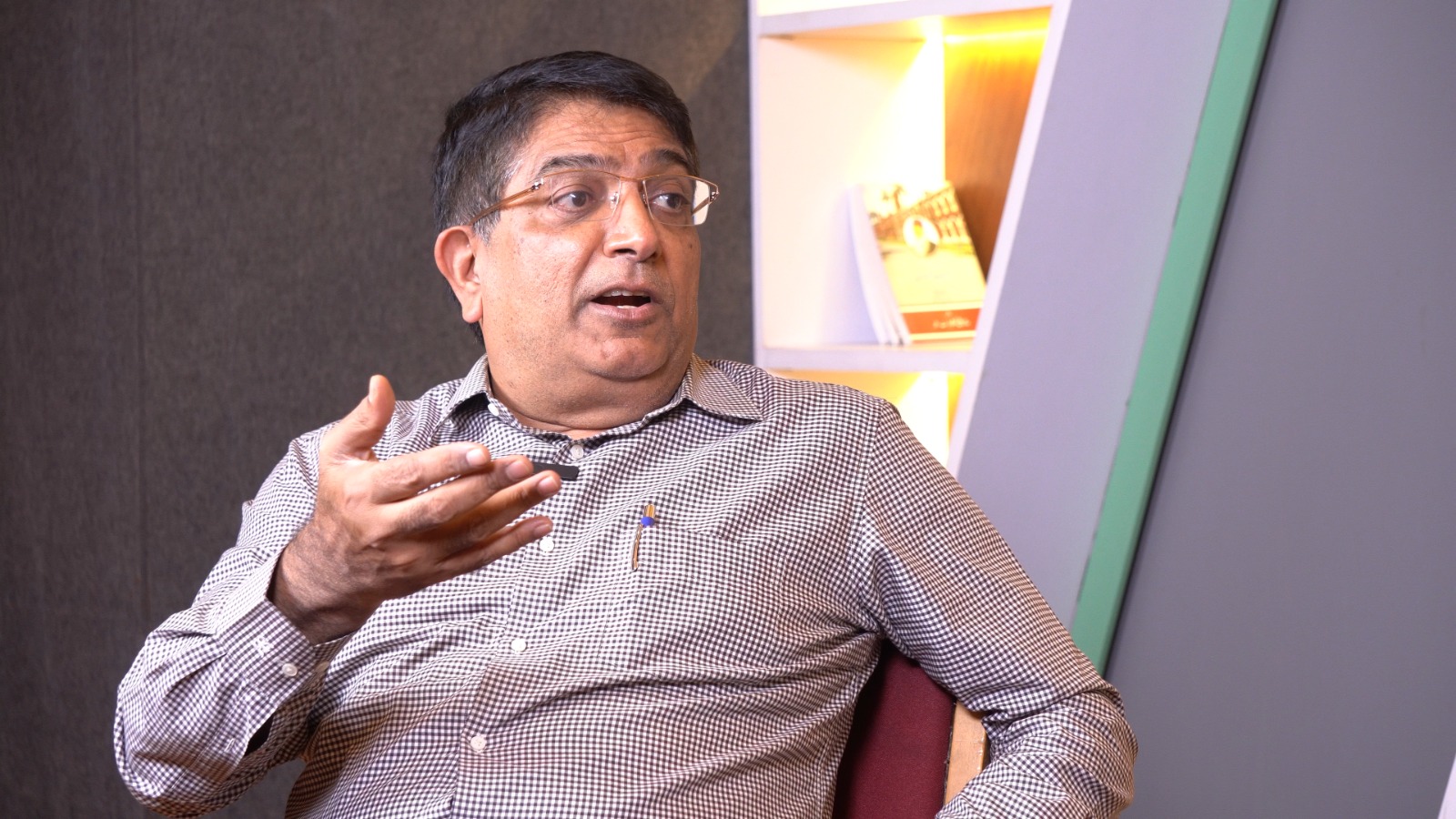
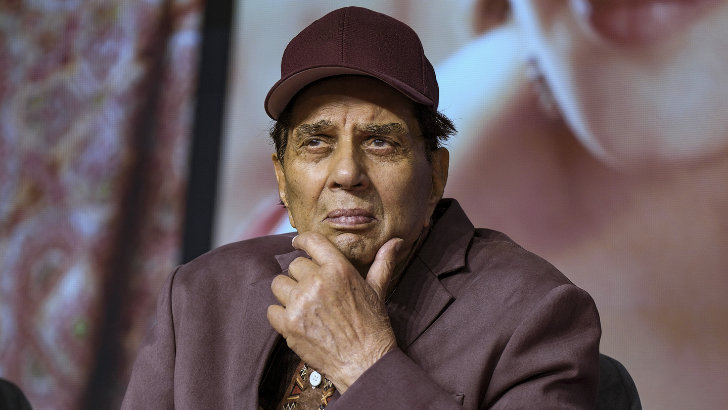
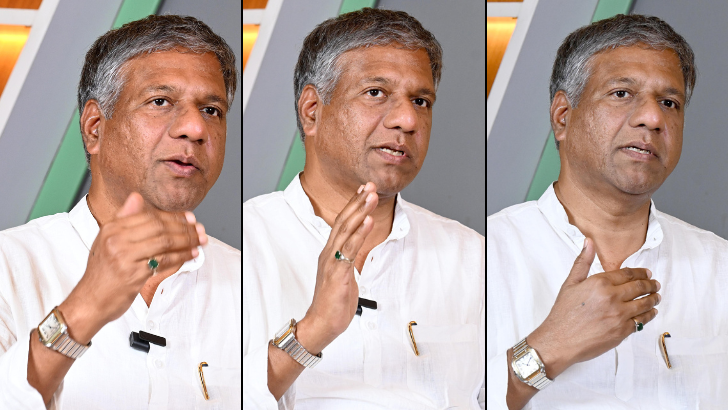
.png)
.png)
.png)
.png)
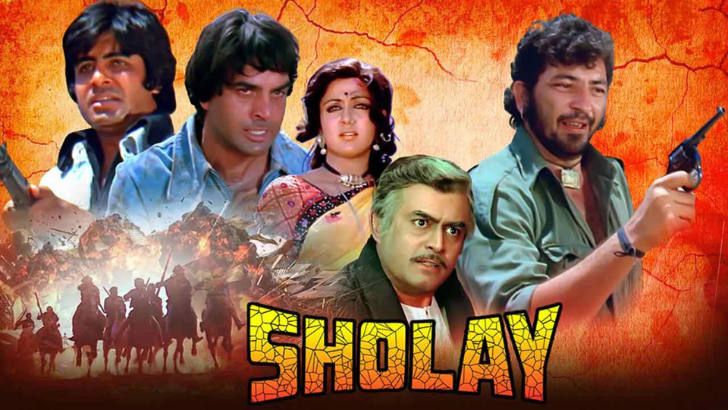
.jpg)
